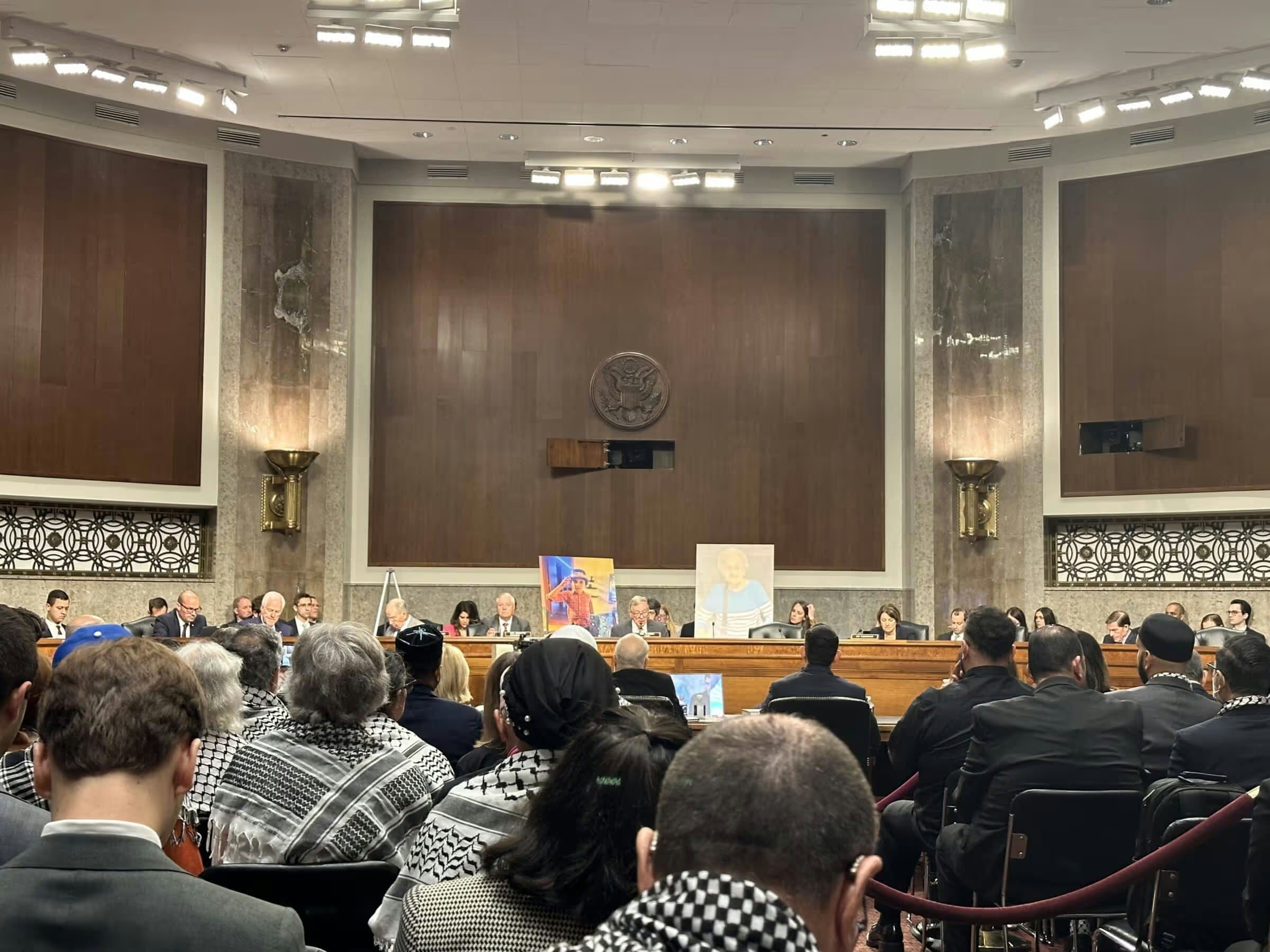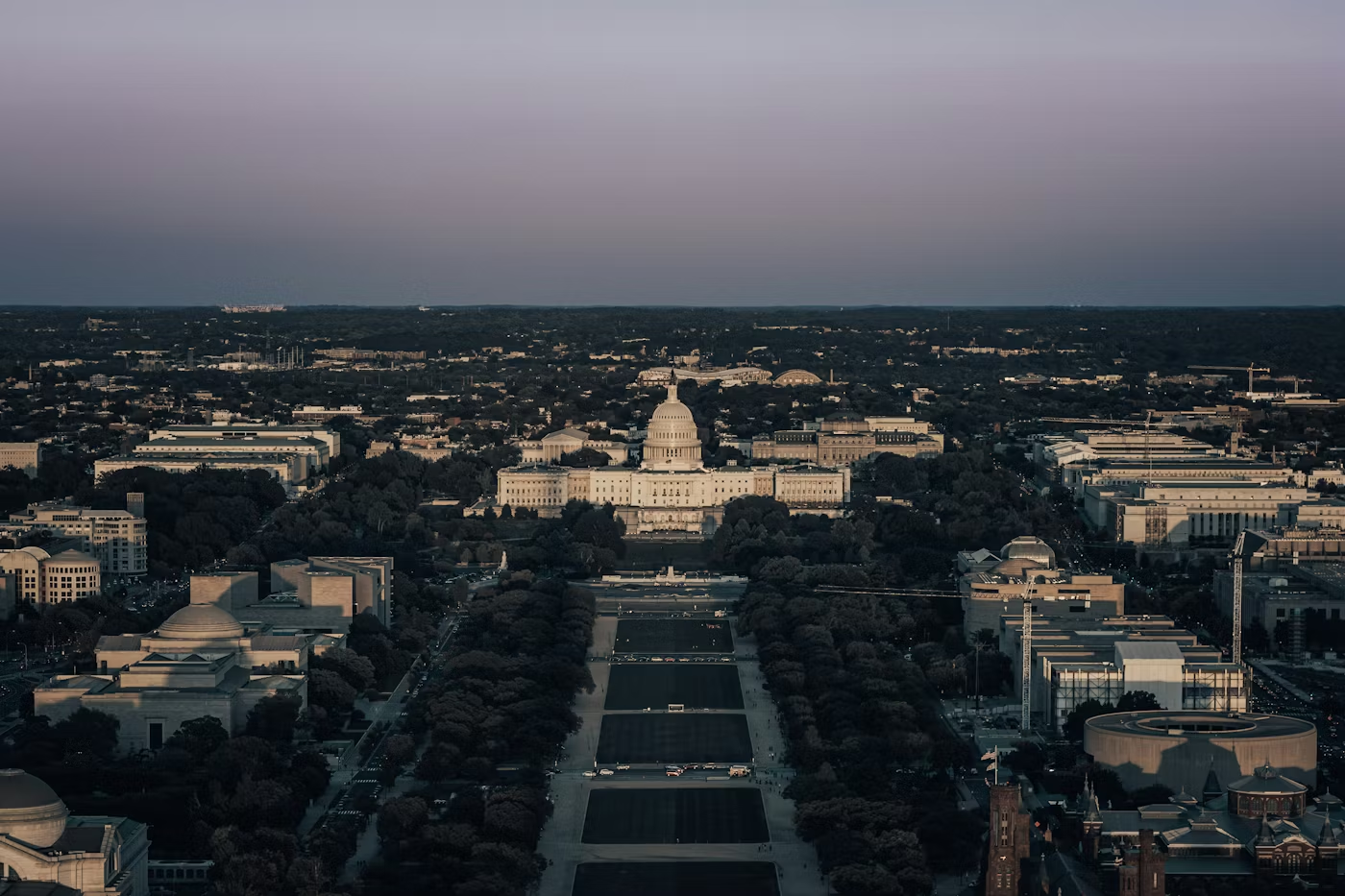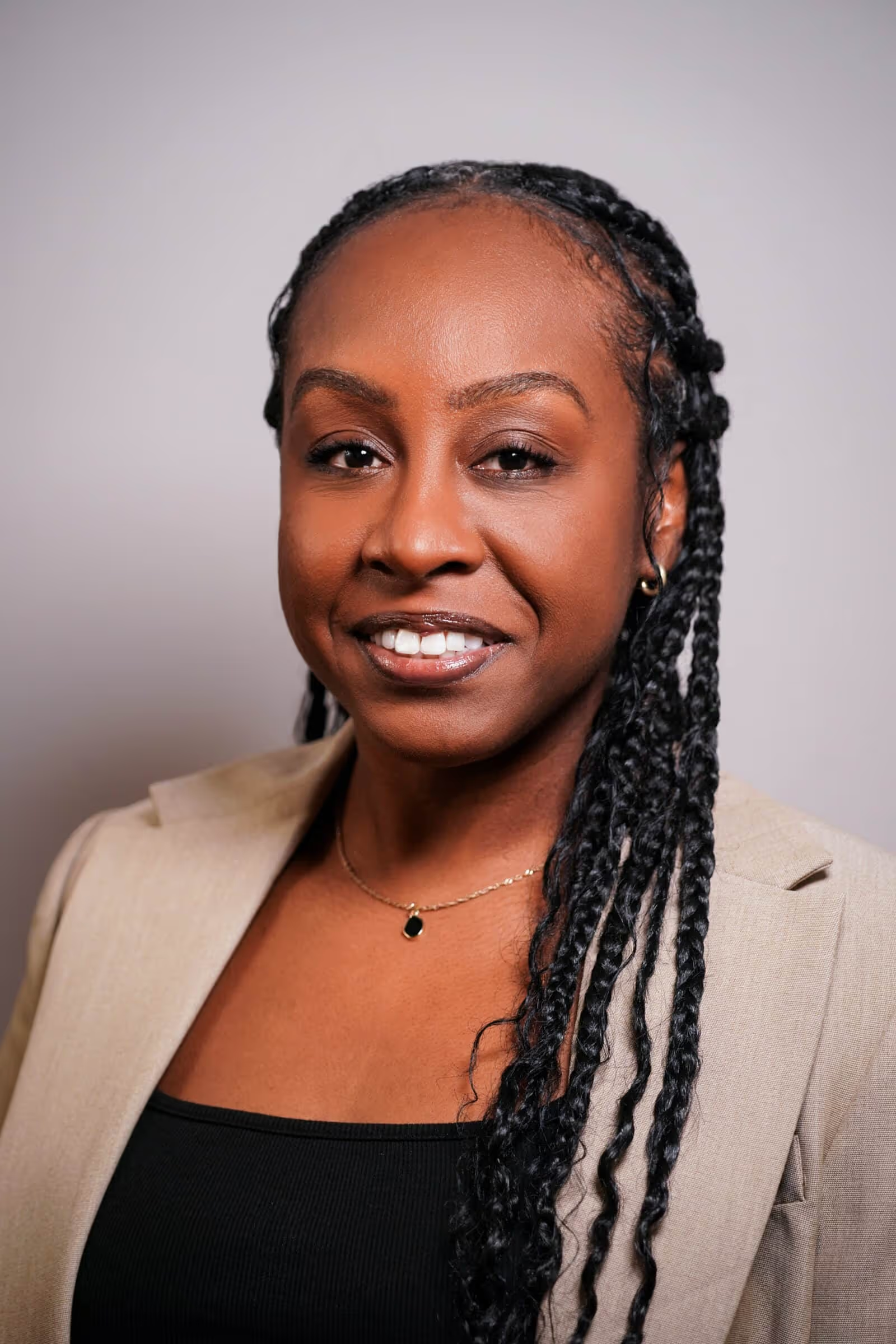
Advocacy
Facing Hate Crimes: Uniting for Justice in a Divided Senate Hearing
The Senate Judiciary Committee hearing last week titled "A Threat to Justice Everywhere: Stemming the Tide of Hate Crimes in America" presented a critical opportunity to address the unprecedented rise in hate crimes affecting various communities across the country. As eager advocates and staffers lined up outside conference room G50 in the Dirksen Senate Building, few anticipated the ensuing cacophony of audience outbursts, sarcastic interruptions, and hateful questioning directed at an Arab and Muslim woman. This took place during a hearing focused on combating hate and discrimination in the wake of the October 7th terrorist attacks, which had led to a rise in Islamophobia, antisemitism, and attacks on immigrant and LGBTQ+ communities, among others.
The hearing opened with Committee Chair Dick Durbin setting the tone by acknowledging white supremacy as a pervasive threat in America. Ranking Member Lindsey Graham focused his remarks specifically on mitigating hate crimes targeting Jewish students on college campuses. As Senator Durbin redirected the conversation, he emphasized that the hearing aimed to address hate crimes affecting all communities.
The witnesses introduced included Maya Berry, Executive Director of the Arab American Institute; Kenneth S. Stern, Co-Chair of the Hate Crimes Task Force at The Leadership Conference for Civil and Human Rights; and Mark Goldfeder, Director of the National Jewish Advocacy Center. Each was allotted five minutes for their opening testimony, revealing distinct priorities. Berry spoke about the threat of hate to all targeted communities and stressed the importance of comprehensive legislation. In contrast, Goldfeder echoed Senator Graham's focus on protecting Jewish college students and codifying the International Holocaust Remembrance Alliance (IHRA) definition of antisemitism. While also addressing these issues, Stern found himself caught between the two perspectives, a dynamic shaped more by the tone and style of questioning from specific senators than by any inherent bias.
Memorable moments from the hearing ranged from frustrated audience outbursts to the constant interruptions faced by Berry. However, the most haunting moment came towards the end when Senator John Kennedy of Louisiana confronted Berry with Islamophobic questions about her alleged support for terrorist groups. Although this was not the first instance of targeting based on her identity, it was undoubtedly the most shameful. His concluding remark, suggesting she should "hide your head in a bag," elicited gasps from the audience, and many left in disgust, calling out the perpetuation of hateful rhetoric in a hearing meant to mitigate hate. The absurdity of such an attack in this context was striking.
Attending my first congressional hearing was more than expected; it was a whirlwind of excitement, curiosity, and hope. Yet I walked away feeling fear, frustration, and deep sadness. Countering hate should not be a partisan issue. As Ranking Member Durbin eloquently articulated, acknowledging the pain of both Palestinian and Jewish communities should not divide us. Moving forward from this contentious hearing, our elected officials must remember their primary responsibility: representing and serving ALL constituents. If this hearing is any indication, the path ahead will be challenging, but it is a challenge we must confront for the sake of democracy.
Tranée McDonald is the Policy & Advocacy Associate at Interfaith Alliance.
Transcript

Interfaith Alliance Calls on DOJ to Prosecute ICE Cruelty
Interfaith Alliance joined over forty civil-rights groups in urging the DOJ’s Civil Rights Division to independently investigate recent federal shootings of civilians by immigration agents, and shortly after DOJ announced a civil-rights probe into the Minneapolis killing of Alex Pretti by federal officers

The Trump Administration’s Latest Attacks on Immigrants Threaten Religious Freedom
A Texas Episcopal priest’s detention by ICE is a concerning development in the midst of the Trump administration's attack on religious freedom. It shows how unchecked enforcement threatens our faith communities and furthers an already eroding public trust.


